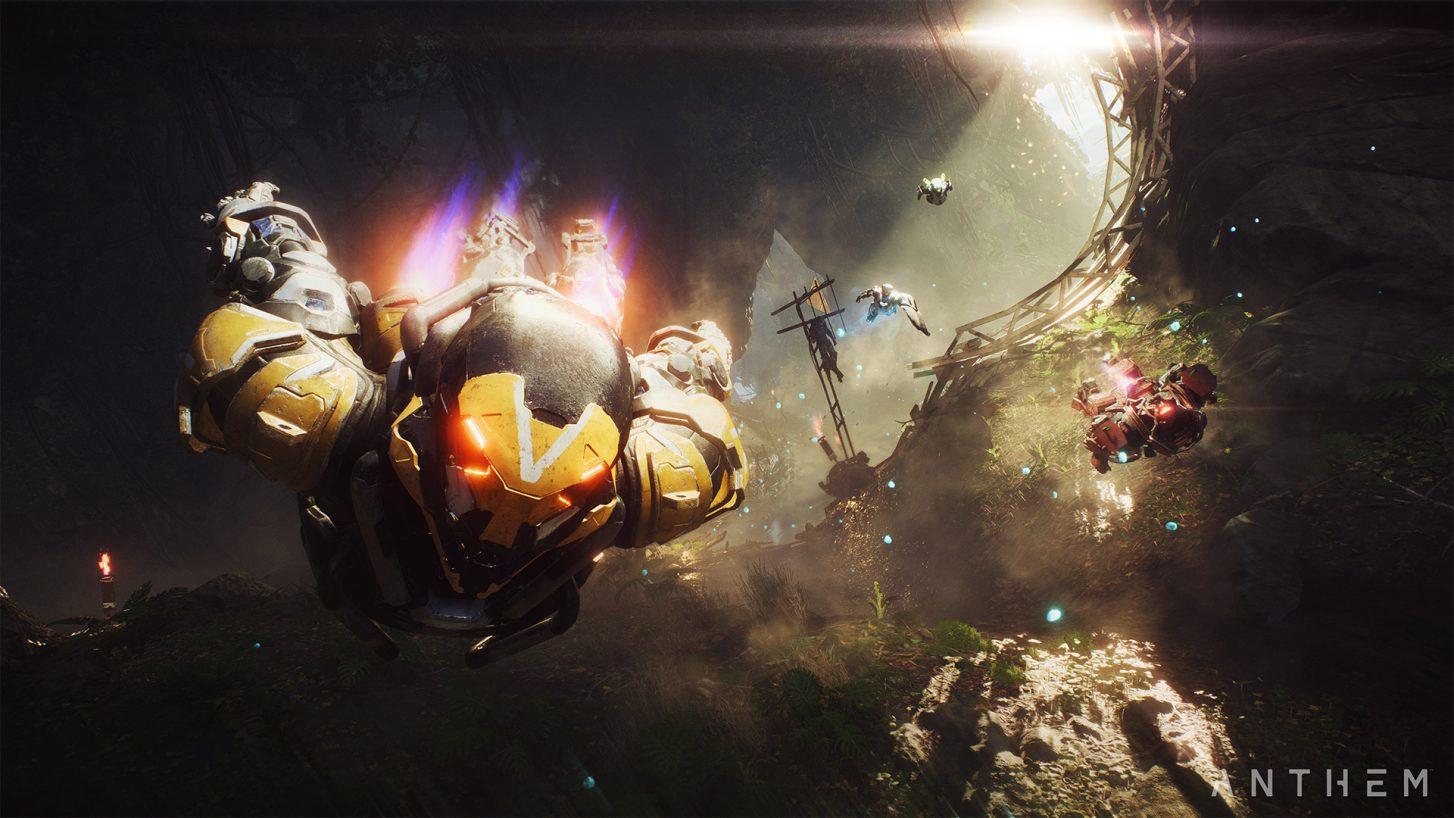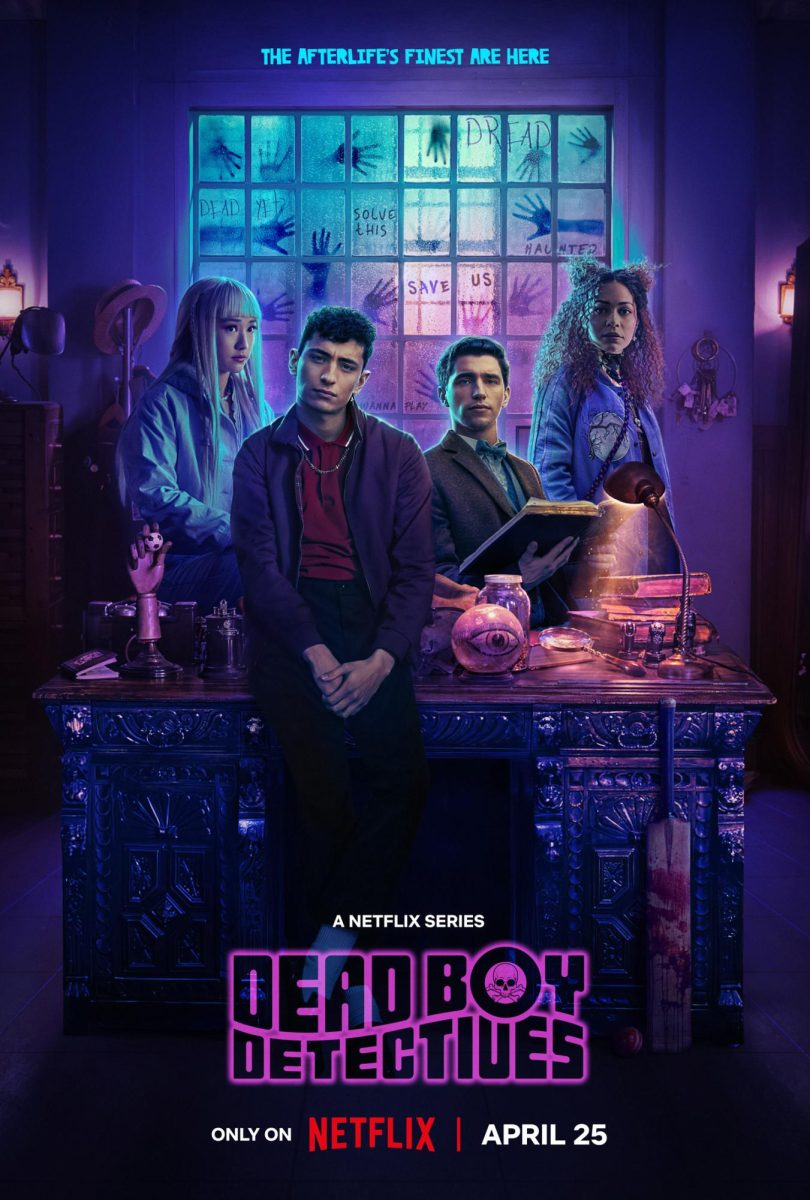
By: Eric Tran
Making games can be expensive, but buying them can be too. Popular gaming sites, influencers, or people in the gaming industry receive free games. However, it’s frustrating as a consumer to pay $60 (for most AAA titles) for a game on release day, only to find out it’s completely broken or lacking features and content. The trend of unfinished games at launch has become a norm due to GAAS (games as a service), publishers/developers who just want to make a profit, and mismanagement within a company.
In the earlier days of gaming and with the exception of some online PC games, there was no such things as patches, updates, or expansions. A company would have a one time release for a game and then move on to developing their next title. However, in today’s gaming industry, a lot of developers are really going for the GAAS model, meaning a company can release a game, and continually make revenue off of it with content updates over an extended period of time.
With GAAS, developers can put out a game that is light on content or is missing features. It may not have all the bells and whistles at release, which would make the game seem unfinished or it may feel like an early access game. The cost of creating games have increased year after year. It can be safer for a developer to make smaller content updates, instead of spending countless hours of development time and millions of dollars on a new project.
If a game is successful enough, and if a company can build a large enough community around it, then they can get more people to buy their game or spend money on microtransactions. Developers would then be able to build a roadmap of upcoming content that will be released. By promising players with more things to do in their game, it will entice them to keep playing, which would then support their game for years after its initial release. Popular games like Fortnite, Warframe, and Grand Theft Auto V online have seen huge success through this model.
There are also games that are unfinished at launch because a publisher/developer just wants to make a profit. Some companies are making amazing games that their passionate about and they want to share their vision with the rest of the world. However, there are some companies that will produce a half baked game because they know it’ll sell millions of copies.
Sports games are a huge example of games that are cash cows. According to VGChartz, Madden NFL 19, Fifa 19, and NBA 2K19 were the top twenty-three best selling games of 2018. These games sold well and have been rated around the 80 out of 100 range on Metacritic. However, they were also reviewed poorly with none of the games receiving anything higher than a 2.5 out of 10 from user ratings.
The companies that publish these games know that they will always make a profit with each installment. This leads to little innovation, and with each iteration there will be a roster update, small graphical improvements, and a few new features.
The problem with the roster updates is that players can easily download it for free from the game’s community. Since these games release annually, there isn’t much graphical improvements either. Sometimes these companies would rather focus on monetizing their games with microtransactions, instead of adding or improving gameplay features. On top of that, these games have also been released with bugs and glitches.
EA’s (Electronic Arts) Madden NFL 19 for example, had many issues even after several updates. According to a USgamers article, blockers would freeze in place, CPU ball carries ran towards defenders instead of open lanes, and some players didn’t even animate.
Despite having these flaws, players are still willing to pay $60 and spend money on microtransactions every year for essentially the same game. According to a GameSpot article, “EA’s Madden franchise is one of the most commercially successful series in the history of video games.” The franchise has sold over 130 million copies to date.
No real change will happen and these companies will continue to shove these games out with incremental changes, until it finally stops making them money, or if there is a major backlash from the community.
The development cycle for creating a game can be a long and difficult process. There’s a lot that can go wrong and if a game is mismanaged or if there is internal conflict in a company, then the end product is going to suffer. BioWare’s multiplayer looter shooter Anthem, was a game that released unfinished at launch due to mismanagement.
It was revealed in a Kotaku article, that Anthem’s troubles came from a lack of direction and poor working conditions at BioWare’s studio. Key members on the team had left while the game was still in production and leadership roles kept changing. Those in charge, were indecisive and they didn’t know what they wanted to do, because of this, the game changed constantly. Throughout the development of Anthem, many of the staff didn’t even know what kind of game they were making. This lead to them being severely behind schedule, and “many features weren’t finalized or implemented until the very final months.”
In addition to the team not knowing what they were doing, they were also struggling with the tools they were using to create the game. The understaffed and overworked development team had to use EA’s Frostbite Engine, which many of the staff had expressed how difficult it was to work with. The working conditions were so bad that some employees had to take “stress leave,” which is weeks or a month of time off for mental health.
Due to the poor mismanagement at BioWare, Anthem had a disastrous launch on February 22. The game had a multitude of issues such as poorly designed missions, incredibly long loading screens, numerous bugs and glitches, lack of content, and much more. Anthem currently sits at a 55 out of 100 on Metacritic.
It seems the trend of releasing unfinished games isn’t going away anytime soon. Ultimately it’s up to players to decide where they want to spend their money. Doing research or waiting for reviews before buying a game can be a huge help. If players are unhappy about a game, or what a certain company is doing, then they should vote with their wallet. If companies can still continue to make revenue, then no significant changes will happen.
It’s also up to companies to provide better working conditions to their employees if they want to ship out a completed game. “Crunch,” or long hours working overtime to reach a deadline, is a serious issue in the gaming industry. Rushing to complete a game isn’t beneficial for any party. By giving employees more time to work, it can improve their mental health and in turn, increase productivity. The developers can put out a quality game, fans will be happier about playing a finished product, and publishers will make a profit.
Games industry icon Shigeru Miyamoto said it best, “A delayed game is eventually good. A bad game is bad forever.”





